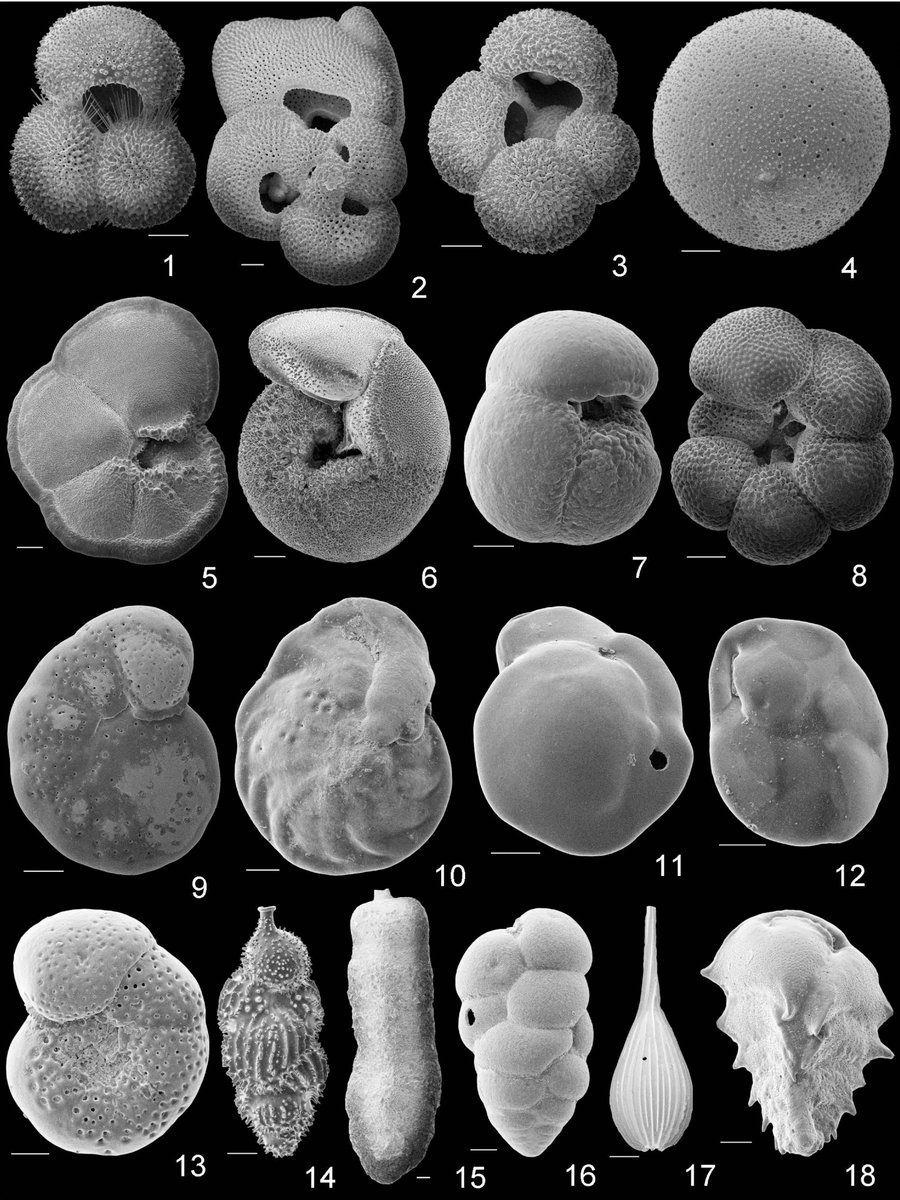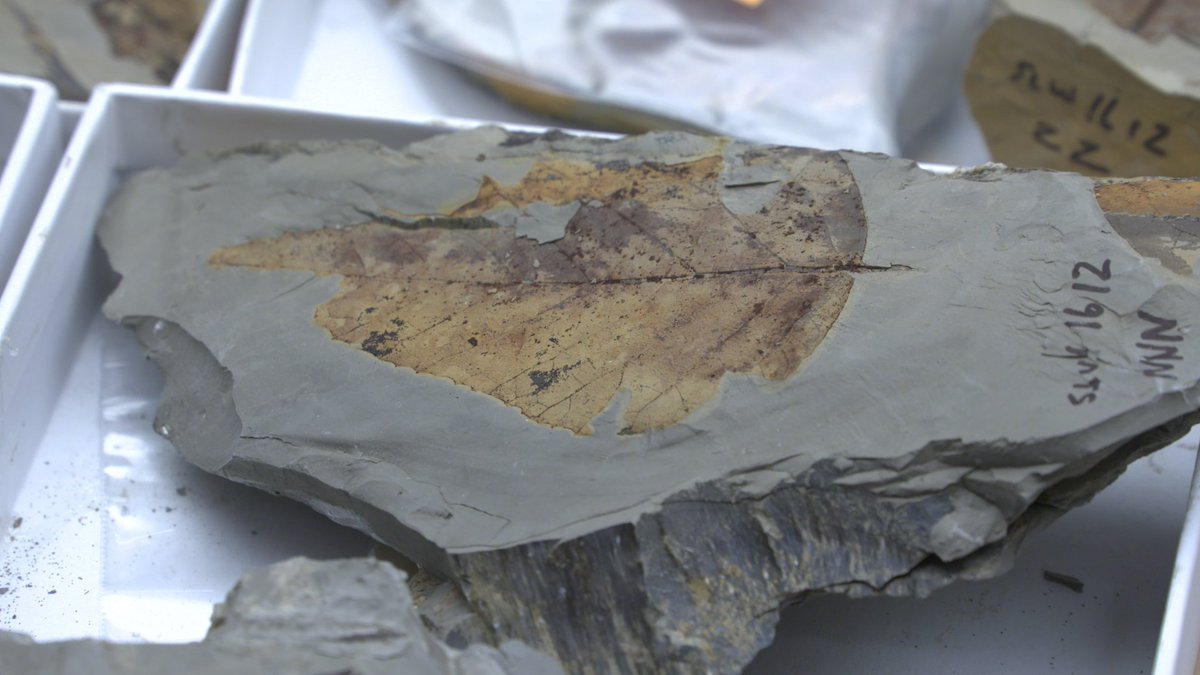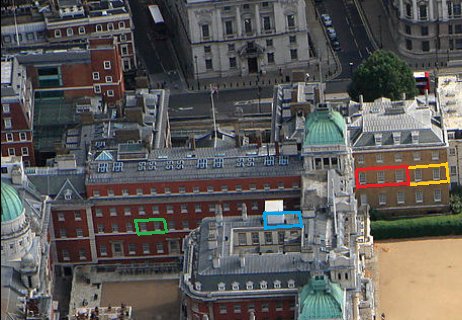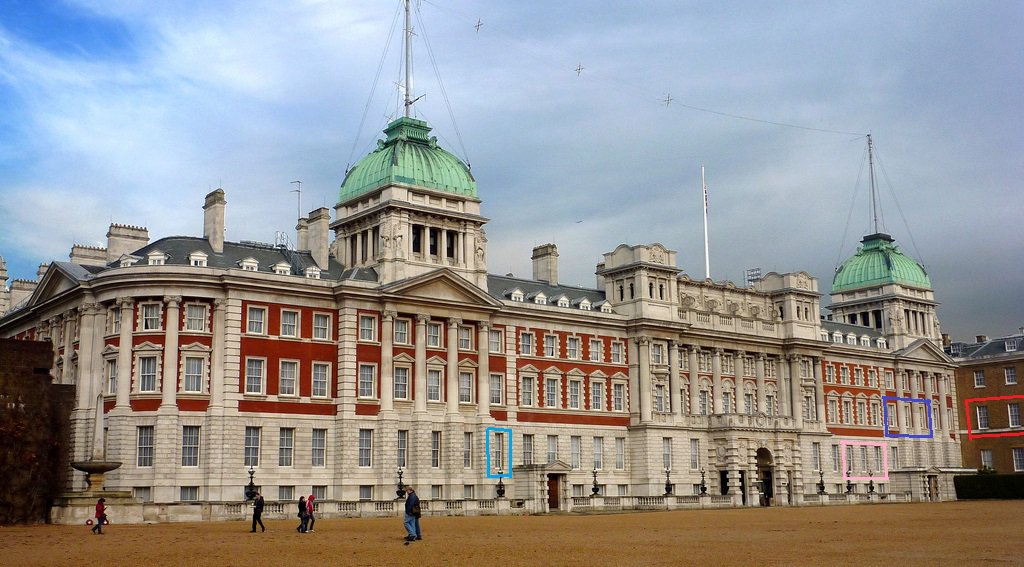Here are a few lessons from that ancient catastrophe:
washingtonpost.com/news/speaking-…
Global warming made the oceans more acidic and decreased the availability of oxygen in some areas. That triggered mass die offs of tiny, single-celled creatures called foraminifera, which have calcium carbonate shells — a lot like today's corals.

Mammal fossils from the PETM suggest that warmer climates made creatures up to 30 percent smaller. Why? It's thought that the smaller bodies were better at shedding heat.
The Bighorn Basin, which Scott Wing studies, looked a lot like the southeast US before the PETM. It was lush, swampy full of sycamores and palm trees. But all that changed when the weather got warmer.
Also, weather got really wild. Geologists find evidence of increased torrential rainstorms and intense floods. Sound familiar?
Scott also finds increased damage from insect bites on leaves from this period — and the possible explanation is fascinating. Wing thinks that all the excess carbon in the atmosphere actually made plants less nutritious.

And the consequences we're already beginning to see are "eerily familiar," Wing says.
“Science has finally gotten us to a point where we have some idea of what the consequences are of the things that we do. Can we use that knowledge in something that starts to approach a wise way?”







